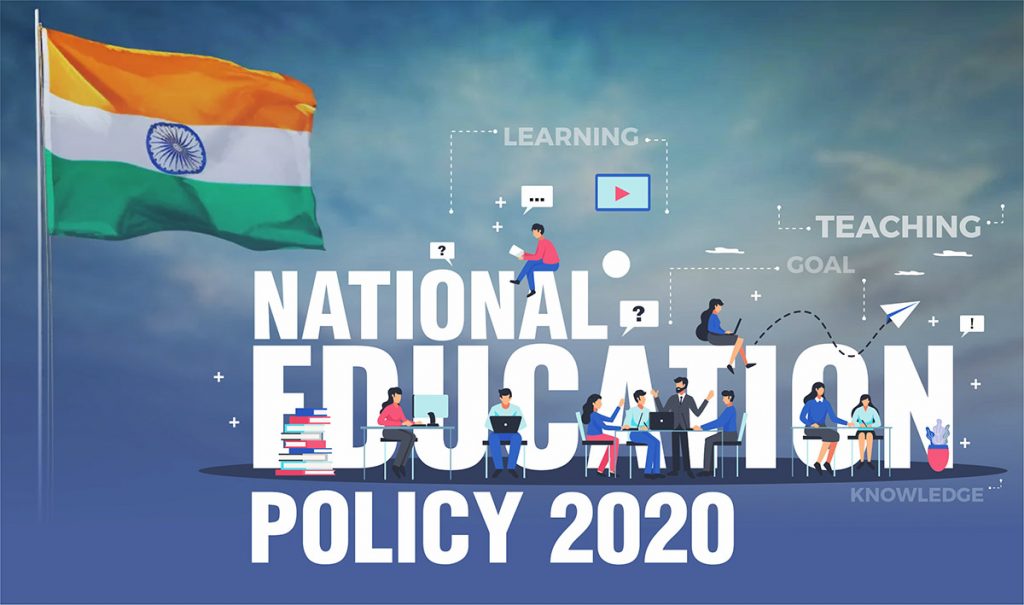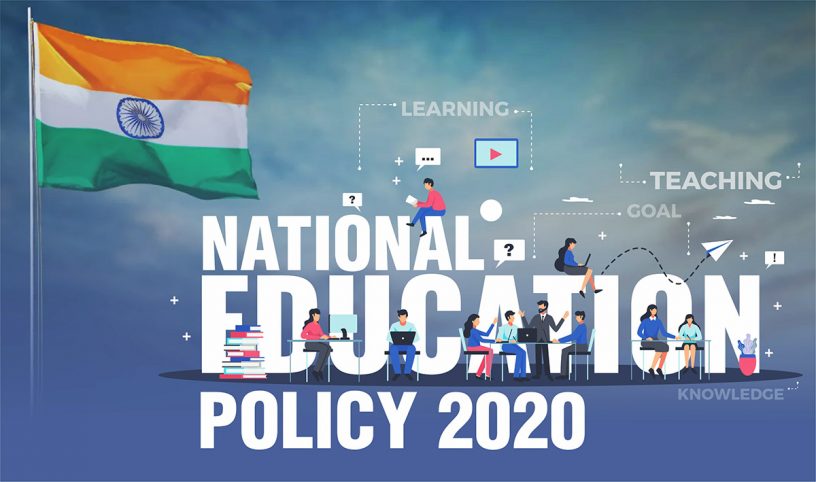
It is a year since the Government of India announced the National Education Policy (NEP) 2020. It was a transformative policy that has the potential to promote a new imagination for the future of education. It laid the foundations for building a knowledge society that will ultimately empower higher educational institutions (HEIs) across our diverse country.
Author
Professor C. Raj Kumar, Founding Vice Chancellor of O.P. Jindal Global University (JGU), Sonipat.
Summary
The Vision of the NEP
The NEP has broken all existing barriers to promote 10 transformative ideas for substantive reforms in the higher education sector. These are: Promotion of world-class education for the pursuit of excellence; Multidisciplinary and liberal education; Regulatory reforms for institutional empowerment; Expansion of the higher education system while ensuring equity and access; Creating a research ecosystem with increased funding and stronger emphasis on publications; Emphasis on improving quality through recruitment of outstanding faculty to promote high quality teaching and research; Improved governance and the development of enlightened leadership for institutional transformation; Academic freedom and institutional autonomy for empowering the HEIs; Increased public funding, performance-based incentives and private philanthropy; and, impetus for internationalisation, accreditation and digitization.
Launch of the NEP 2020 and the Year Ahead
Since the launch of the NEP in July 2020, there have been concerted efforts taken by the Government of India and the HEIs themselves, along with various regulatory bodies to create awareness on the policy and the steps that ought to be taken towards implementation. The federal structure of the Indian policy has its own complexities of governance and, therefore, we need to create awareness and build consensus surrounding the NEP. The Academic Bank of Credit (ABC), which will be a central repository of the academic credits obtained by all students and the new regulations focusing on online education are some of the major initiatives that have been promoted in the last year by the UGC and the Government of India.
Challenge of Policy Implementation
One of the major challenges facing democracies is regarding the effective implementation of public policy. It gets even more complicated when the stakeholders are diverse, fragmented and at times having divergent interests. An OECD Report entitled: The Nature of Policy Change and Implementation: A Review of Different Theoretical Approaches cited a very important research by Michael Fullan in which he had argued that there are nine important factors that affect and impact the implementation of education policy.
Published in: The Times of India
To read the full article, please click here


